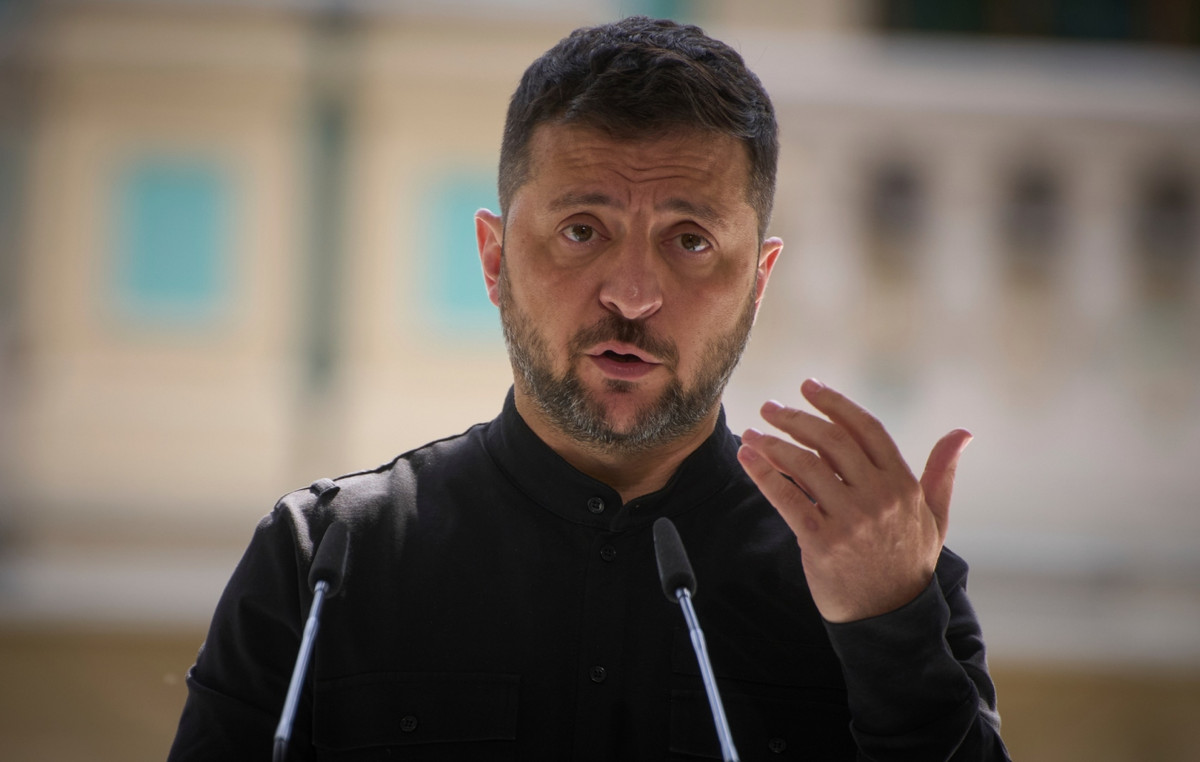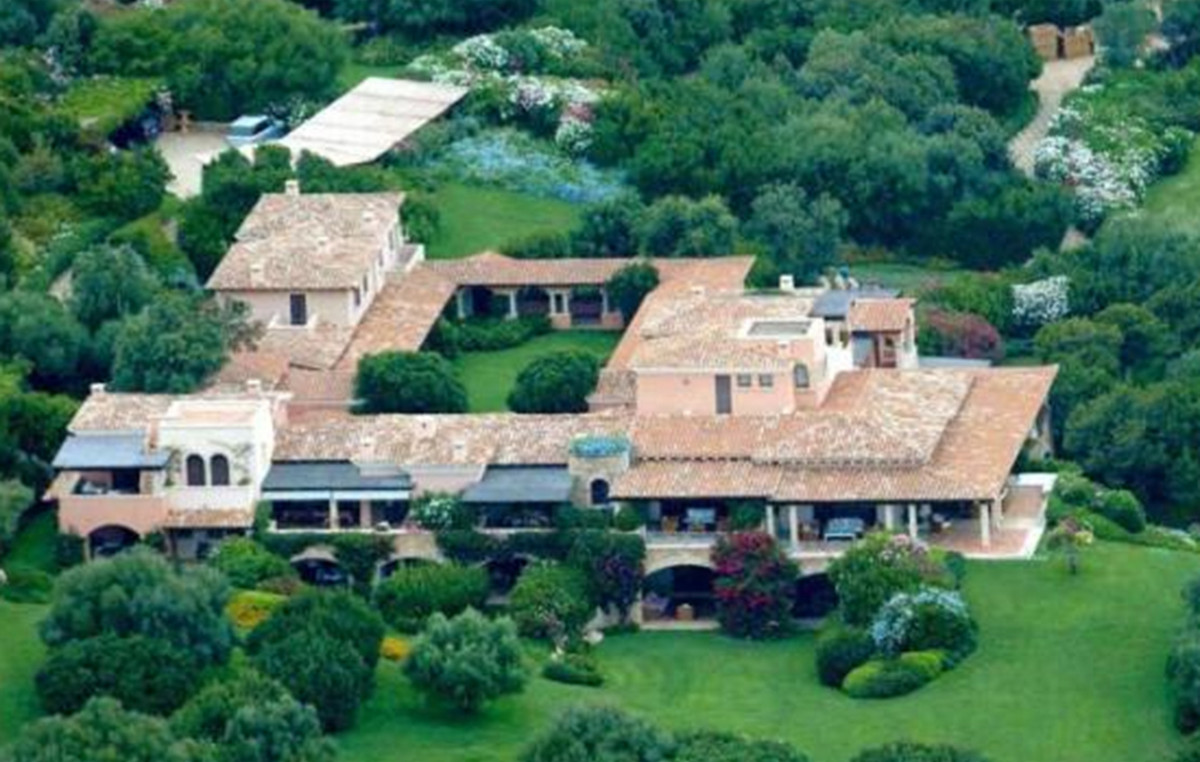The profit from products that use elements of Amazonian biodiversity may not reach indigenous peoples, points out research carried out based on a data collection on the electronic platform National System for Management of Genetic Heritage and Associated Traditional Knowledge (SisGen), from 2017 to 2022.
The study identified 150,538 records of access to genetic heritage and Associated Traditional Knowledge (CTA). Of these, 87% only indicate access to genetic heritage, not associated with traditional knowledge. Only 13% declare access to CTA, but without identification of the people or community that owns it in the majority.
The research, which investigates access to traditional knowledge associated with genetic heritage (CTA) in Brazil and the mechanism for sharing benefits generated from the use of this knowledge, was presented by the Escolhas team to the Genetic Heritage Management Council (CGen) this Wednesday (18), at the Ministry of the Environment (MMA), in Brasília.
In the same period, 19,354 notification records of finished products developed from access to genetic heritage and/or CTA were also identified. Once again, the majority (91%) of notifications are for products developed only with genetic heritage, without CTA.
The numbers highlight the problem of non-identification of CTAs, which facilitates the misappropriation of this knowledge, according to Instituto Escolhas, responsible for monitoring.
The Amazon kambô frog (Phyllomedusa bicolor), for example, whose secretion is used as medicine by several Amazonian indigenous peoples, illustrates one of the appropriations of traditional knowledge. The substance has 11 patent registrations in countries such as the United States, Canada, Japan, France and Russia.
“Discussing and improving the monitoring of access to traditional knowledge associated with genetic heritage by researchers and companies is fundamental to strengthening the bioeconomy and guaranteeing the rights of traditional peoples and communities who hold this knowledge”, says Jaqueline Ferreira, from Instituto Escolhas.
The Institute also analyzed legislation and available monitoring tools and prepared a database proposal to be used to support the ministry in the construction of a Brazilian tool for tracking access and monitoring the use of CTA.
The proposal was delivered, on August 25th, to the Sectoral Chamber of Guardians of Biodiversity, an instance of CGen.
*Under the supervision of Márcia Barros, from CNN in Sao Paulo
VIDEO – Drought in Amazonas: Rio Negro reaches lowest level in history
Source: CNN Brasil
I’m James Harper, a highly experienced and accomplished news writer for World Stock Market. I have been writing in the Politics section of the website for over five years, providing readers with up-to-date and insightful information about current events in politics. My work is widely read and respected by many industry professionals as well as laymen.







